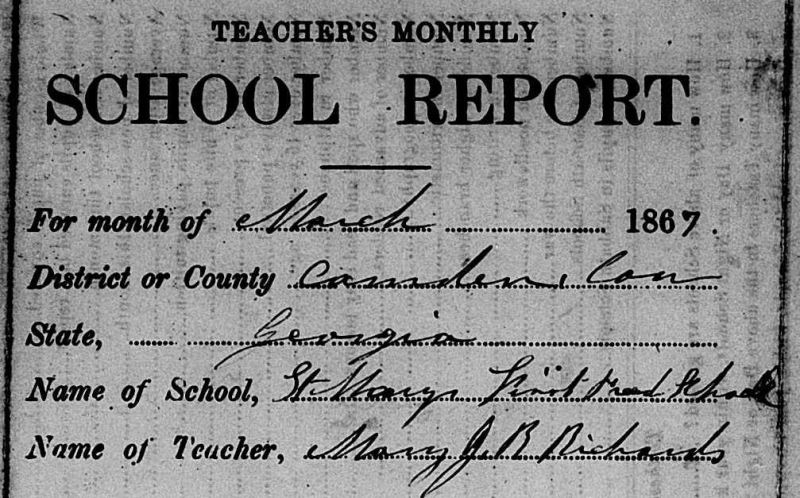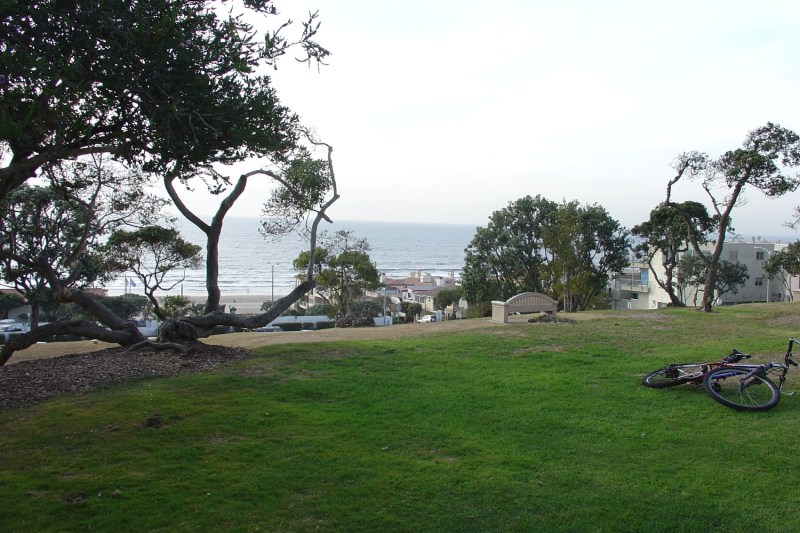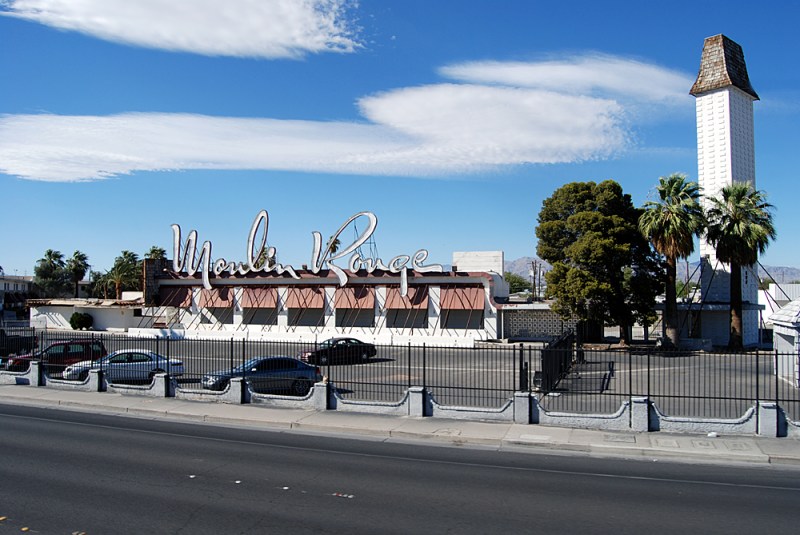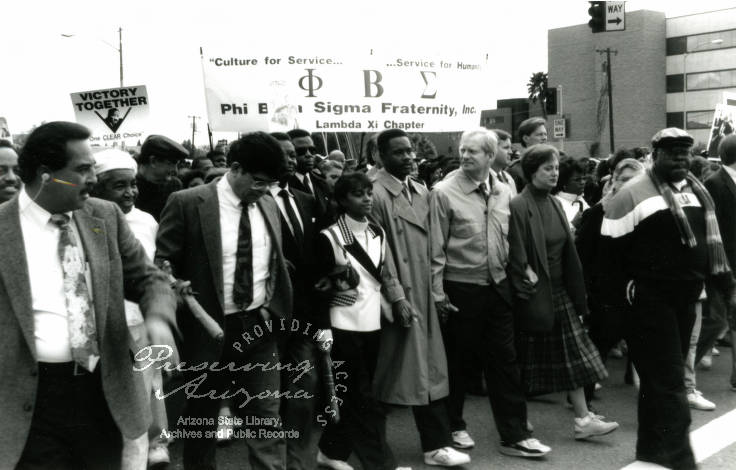Since February is Black History Month, we should take some time to remember and respect African Americans’ many contributions to the America we know and love today. Let’s dig deeper and explore some little-known Black history facts that you may not remember from your high school and college history classes. Though these are not necessarily untold Black history facts, these are four aspects of Black history that deserve greater recognition.
Was Mary Jane Richards a spy?

As highlighted by TikToker Taylor Cassidy in 2022, Mary Jane Richards did some espionage work for Union forces during the Civil War. Her identity was first revealed by Annie R. Van Lew Hall in Harper’s magazine in 1911, where Van Lew Hall claimed that Richards embedded herself in the Confederate White House in order to copy critical documents from Jefferson Davis and alert Union forces, but it would take several more decades for Americans to learn more about the real story behind this remarkable spy story.
Mary Jane Richards was likely born into slavery in Virginia’s Van Lew family around 1840, and while she did have a knack for creative pseudonyms, there is no historical record of Richards spying on Jefferson Davis. With that said, Richards was very much a part of Elizabeth Van Lew’s spy ring of 12 women who helped secure food and medicine for Union soldiers, helped Union soldiers escape Confederate prisons, and gathered military and political intelligence for the Union. Richards also made a name for herself as a Black woman who obtained a formal education while in slavery, as someone who joined a cohort of ex-slaves who sailed to Liberia before returning to America in 1860, and as a Black woman who became an educator herself after the Civil War and experienced firsthand the broken promises of the Reconstruction Era.
How has this California beach become so rich in Black History?

At first glance, Bruce’s Beach appears to be a picturesque park with lovely ocean views in Manhattan Beach, California — just five miles south of Los Angeles International Airport (LAX). Beneath this seemingly serene surface lies a stunning chapter of Black history that recently reemerged as a rare success story of stolen Black land returning to its rightful heirs. In 1912, hospitality entrepreneur Willa Bruce purchased two plots of land along Manhattan Beach’s famed Strand. Willa Bruce and her spouse Charles subsequently transformed these plots of land into a thriving beach resort, and they inspired more Black families to build their own beach houses nearby.
Yet by 1924, white neighbors’ white-hot fury over the mere presence of this thriving Black seaside community drove city officials to condemn the entire community and seize all the Black-owned properties through eminent domain. The City of Manhattan Beach tried over the next eight decades to erase this history. But in 2006, City Council Member Mitch Ward — Manhattan Beach’s first Black elected official — succeeded in renaming the city park where the Bruces’ resort once stood. In 2020, local Black Lives Matter activists began to reclaim this space while demanding that the state, county, and city acknowledge the true history of Bruce’s Beach and return their land to them. The following year, the California Legislature passed and Governor Gavin Newsom signed into law SB 796 to finally return this stolen land to the Bruce family. As of January 2023, Los Angeles County is set to pay the Bruce family 20 million dollars to keep Bruce’s Beach as a public park while also helping to restore nearly a century’s worth of stolen generational wealth.
Here was Las Vegas’ first fully integrated casino resort

The Moulin Rouge opened in Las Vegas‘ westside in 1955, and it revolutionized casino gaming in Southern Nevada. Before the Moulin Rouge opened, all casinos on the Las Vegas Strip and in Downtown were segregated — even to the point of forcing Black entertainers to enter and exit through side doors. Black stars like Sammy Davis Jr. and Josephine Baker pushed to change the rules at other casinos, and the opening of the Moulin Rouge provided the perfect opening to a much broader paradigm shift that continues to influence Las Vegas’ evolution today. It opened to major fanfare in May 1955 and hosted performances that drew standing-room-only crowds. It attracted many of the top A-List stars of the day, and it did so as a fully integrated casino that just said no to Jim Crow.
Though the Moulin Rouge would only last six months as a casino resort, its legacy only continued to grow. When civil rights activists announced a major Las Vegas protest in March 1960 to protest the de facto segregation that still ruled over this town, Nevada Governor Grant Sawyer announced a meeting with NAACP President Dr. James MacMillan and local Black community leaders at the Moulin Rouge. Most casinos subsequently agreed to desegregate and Sawyer would later sign new civil rights legislation into law. This transformed Nevada from a civil rights laggard into more of a trendsetter in advancing racial justice, gender equity, and LGBTQ+ civil rights.
The fight for a MLK Day holiday in Arizona changed the course of the state’s politics… And the state’s relationship with the NFL!

Though this isn’t exactly unknown Black history, it’s nonetheless an ugly chapter of American history that we must revisit, lest we repeat it. By 1987, the U.S. federal government and 35 states had already established MLK Day as an official holiday. Yet in Arizona, newly elected Governor Evan Mecham rescinded his predecessor’s executive order recognizing the holiday that honors civil rights leader Dr. Martin Luther King Jr. Mecham used process arguments to justify his decision, but Mecham’s own words and deeds indicated a more sinister political motive. Civil rights activists moved quickly to denounce Mecham and his refusal to make MLK Day an Arizona holiday, and music industry heavyweights like Stevie Wonder and Public Enemy helped lead a boycott of Arizona to push the state to recognize MLK Day.
Evan Mecham was impeached and removed from office in 1988 over separate charges involving Mecham’s misuse of state funds to subsidize his car dealership, but his MLK Day controversy continued to roil the state. The Arizona Legislature made two attempts to establish an MLK Day state holiday, but Mecham and his allies succeeded in forcing referendums on both proposals. After Arizona voters rejected both MLK Day ballot initiatives in 1990, the NFL’s team owners voted to move the 1993 Super Bowl from Phoenix to Pasadena, California. Once Arizona felt the economic ramifications of dragging out this MLK Day imbroglio, over 61% of Arizona voters finally approved Proposition 300 in 1992 to establish MLK Day as an official state holiday. The NFL later chose Phoenix for the 1996 Super Bowl.
If you’re looking for more ideas to honor, respect, and celebrate Black History, check out these ten great Black History movies to watch now, the best U.S. destinations to discover more Black History, and the stories of these six highly influential Black inventors. Whatever you do next, never stop striving to be better and do better.



